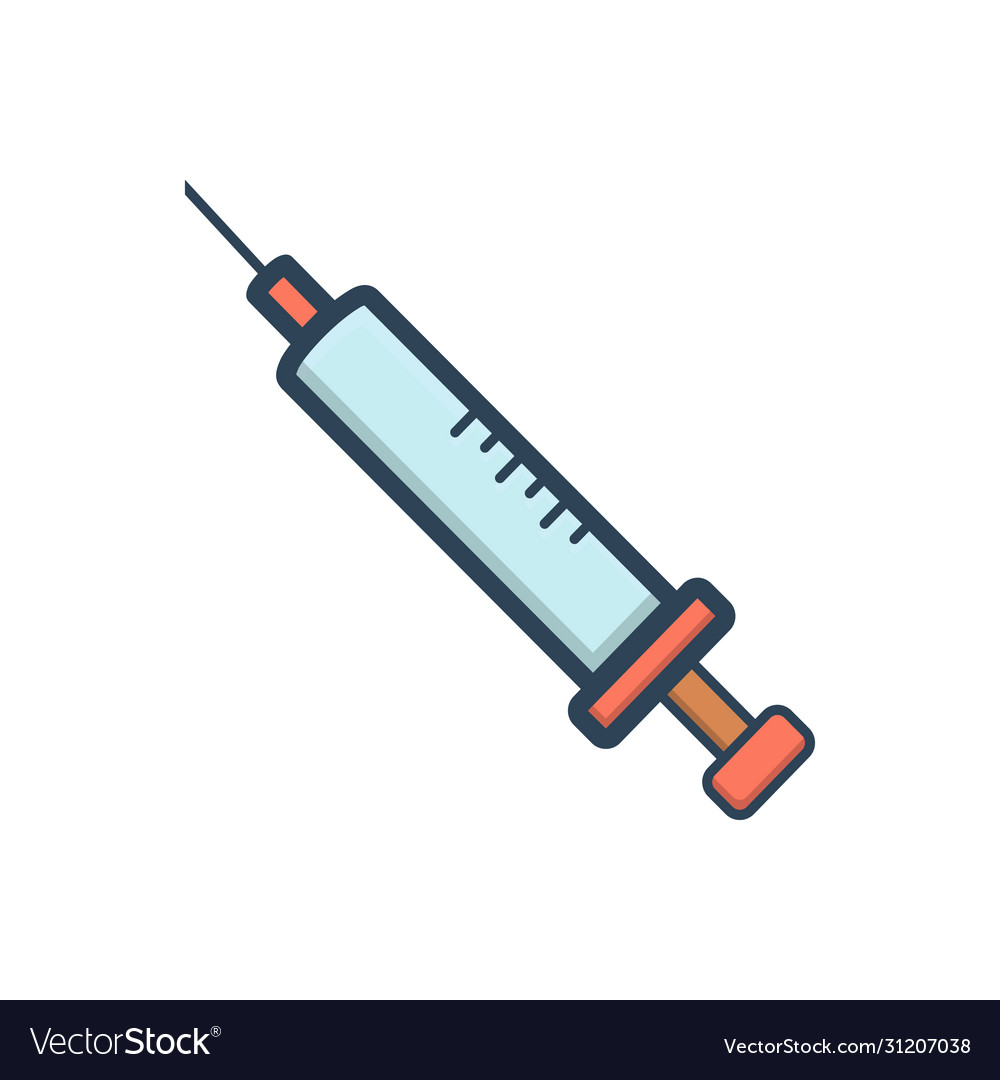Magnesium Sulfate
Indications
Magnesium Sulfate injection is indicated mainly for the treatment of hypomagnesaemia and magnesium deficiency states. Irregular heart beats, some time it may be used as a laxative.
Magnesium Sulfate injection is used in the treatment of magnesium deficiency. Magnesium Sulfate has anticonvulsant properties when administered parentally, it may be used to prevent or control of Seizures associated with acute uremia, hypothyroidism and eclampsia. It is also used in bronchial asthma & cardiovascular disorder
Pharmacology
Magnesium is the second most plentiful cation of the intracellular fluids. It is essential for the activity of many enzyme systems and plays an important role with regard to neurochemical transmission and muscular excitability. Deficits are accompanied by a variety of structural and functional disturbances.
Dosage And Administration
Intramuscular: Adults and older children: For severe hypomagnesemia, 1 to 5 gm (2 to 10 ml of 50% solution) daily in divided doses; administration is repeated daily until serum levels have returned to normal. If deficiency is not severe, 1 gm (2 ml of 50% solution) can be given once or twice daily. Serum magnesium levels should serve as a guide to continued dosage.
Intravenous: 1 to 4 gm magnesium sulfate (magnesium sulfate (magnesium sulfate injection) injection) may be given intravenously in 10% to 20% solution, but only with great caution; the rate should not exceed 1.5 ml of 10% solution or equivalent per minute until relaxation is obtained.
Usual Dose Range: 1 to 40 gm daily.
Electrolyte Replenisher: Intramuscular 1 to 2 gm in 50% solution four times a day until serum magnesium is within normal limits.
Usual Pediatric Dose: Intramuscular 20 to 40 mg per kg of body weight in a 20% solution repeated as necessary.
For Eclampsia: Initially 1 to 2 gm in 25% or 50% solution is given intramuscularly. Subsequently, 1 gm is given every 30 minutes until relief is obtained. The blood pressure should be monitored after each injection.
Interaction
Interaction with medicine: Magnesium Sulfate may cause a reduction in blood pressure when taken together with Calcium channel blockers such as nifedipine. There may be an increase in the effects of neuromuscular blocking agents when given together with Magnesium Sulfate. When Magnesium Sulfate is given together with the following medicines there may be a risk of respiratory depression on high dose barbiturates, opioids and aminoglycosides antibiotics.
Interaction with food & others:There is no interaction of Magnesium Sulfate with food & others.
Contraindications
Magnesium Sulfate contra-indicated in the case of defect of the heart's electrical message pathways resulting in decreased function of the heart (heart block), severe damage to the muscular wall of the heart (myocardium) and significantly decreased kidney function.
Side Effects
Excessive administration of magnesium leads to the development of hypermagnesaemia. Symptoms of hypermagnesaemia may include nausea, vomiting, flushing of skin, thirst, hypotensiondue to peripheral vasodilatation, drowsiness, confusion, muscle weakness etc.
Pregnancy And Lactation
Magnesium Sulfate crosses the placenta. So, as with any other drugs, caution is required when the drug is administered to pregnant women. It is not known whether the drug is excreted in human milk. As it happens with many other drugs, cautions should be taken when it is administered to a nursing mother.
Precautions And Warnings
Magnesium Sulfate contra-indicated in the case of defect of the heart's electrical message pathways resulting in decreased function of the heart (heart block), severe damage to the muscular wall of the heart (myocardium) and significantly decreased kidney function.
Overdose Effects
Symptoms of hypermagnesemia are: respiratory depression and loss of deep tendon reflexes due to neuromuscular blockade, nausea, vomiting, flushing, thirst, hypotension, drowsiness, confusion, slurred speech, double vision, bradycardia and muscle weakness.
Therapeutic Class
Specific mineral preparations.
Use in special populations
Use in Children & Adolescents: Magnesium Sulfate seems to be beneficial in the treatment of moderate to severe asthma in children as an adjuvant therapy.
Storage Conditions
Store in a cool & dry place, keep away from light & children.
